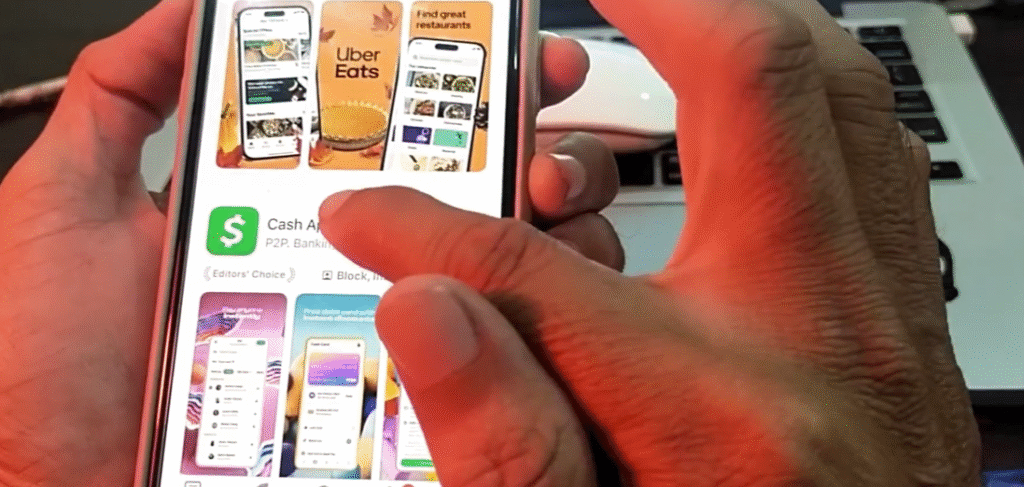Block, Inc. agreed to a $15 million settlement after being accused of negligence and security lapses; this shows that the industry is learning to value openness over speed.
Salinas et al. v. Block, Inc. is the name of the lawsuit that surfaced after users of Cash App Investing reported data breaches and unauthorized account activities. Block settled to rebuild consumer trust and reimburse users impacted by data exposure, fraudulent withdrawals, and poor customer service, even though it denied any wrongdoing. The case was about restoring trust in digital finance, not just about money.
This settlement’s process was especially creative because it allowed claimants to decide how they would like to get their money. PayPal, Venmo, direct deposit, or even a mailed check were options available to users. In addition to guaranteeing speedy distribution, this flexibility significantly increased accessibility for people who mainly depend on digital payment methods.
Cash App Settlement — Key Information
| Category | Details |
|---|---|
| Company Involved | Block, Inc. (Parent company of Cash App) |
| Settlement Case | Salinas et al. v. Block, Inc. and Cash App Investing, LLC |
| Court | U.S. District Court for the Northern District of California |
| Total Settlement Amount | $15 million (data security and user account settlement) |
| Claim Deadline | November 18, 2024 |
| Approval Date | March 27, 2025 |
| Payout Range | Between $88 and $2,500 (depending on claim type) |
| Payment Methods | PayPal, Venmo, Direct Deposit, or Physical Check |
| Settlement Website | https://cashappsecuritysettlement.com |
| Contact Line | 1-866-615-9740 (Settlement Administrator) |

Many people believe that this settlement marks a small but important shift in the way fintech businesses handle customer harm. Cash App showed that corrective measures can also be technologically empowering by using technology for restitution. Users were able to monitor payment statuses and track submissions through the system’s verified claim ID process. Despite its simplicity, the design demonstrated an incredibly strong commitment to accountability.
The scale of payments was determined by the verified loss. Compensation up to $2,500 was available to those who experienced unauthorized transactions, while smaller payments, usually between $88 and $147, were available to those who were only affected by data exposure. This tiered strategy was very effective at balancing administrative expenses and guaranteeing equitable distribution.
One particularly advantageous modernization of the class action process was demonstrated by the use of digital wallets as payout channels. Instant transfers have largely replaced traditional paper checks, which were infamous for delays and misdelivery. The system felt natural to claimants used to mobile banking, demonstrating that justice could also keep up with technological advancements.
The Cash App Settlement, according to financial analysts, represented a continuous development in business ethics. Restitution was only one goal; another was to show that the company was dedicated to upholding the rights of its customers. Businesses like Block are facing mounting pressure to demonstrate that innovation can coexist with data security, openness, and customer service. Therefore, this settlement’s introduction of flexible payment options represented a new era of financial accountability and went beyond simple procedure.
Additionally, the class-action framework reminded us that a crucial defense is consumer awareness. Because they are unaware that they are eligible, many eligible users lose out on settlements. The Cash App Settlement achieved significant traction through digital news coverage and social media campaigns, guaranteeing a significantly higher participation rate than comparable cases. It became one of the few times when corporate response and public engagement went hand in hand.
The settlement also reflects consumer advocacy’s increasing sway in tech-driven finance. Prominent individuals such as Tiffany Aliche, a financial educator who goes by the moniker The Budgetnista, commended the procedure, referring to it as “a notably improved model for equitable compensation.” Her viewpoint struck a chord because it presented the payout as a victory for all digital consumers, rather than just a reimbursement.
Regulators have also taken notice. In a separate enforcement action, the Consumer Financial Protection Bureau (CFPB) had previously ordered Block to pay $175 million, highlighting the need for systemic changes. The business’s adherence to settlement protocols and willingness to accept contemporary payment methods could act as a model for other fintech companies handling comparable crises.

